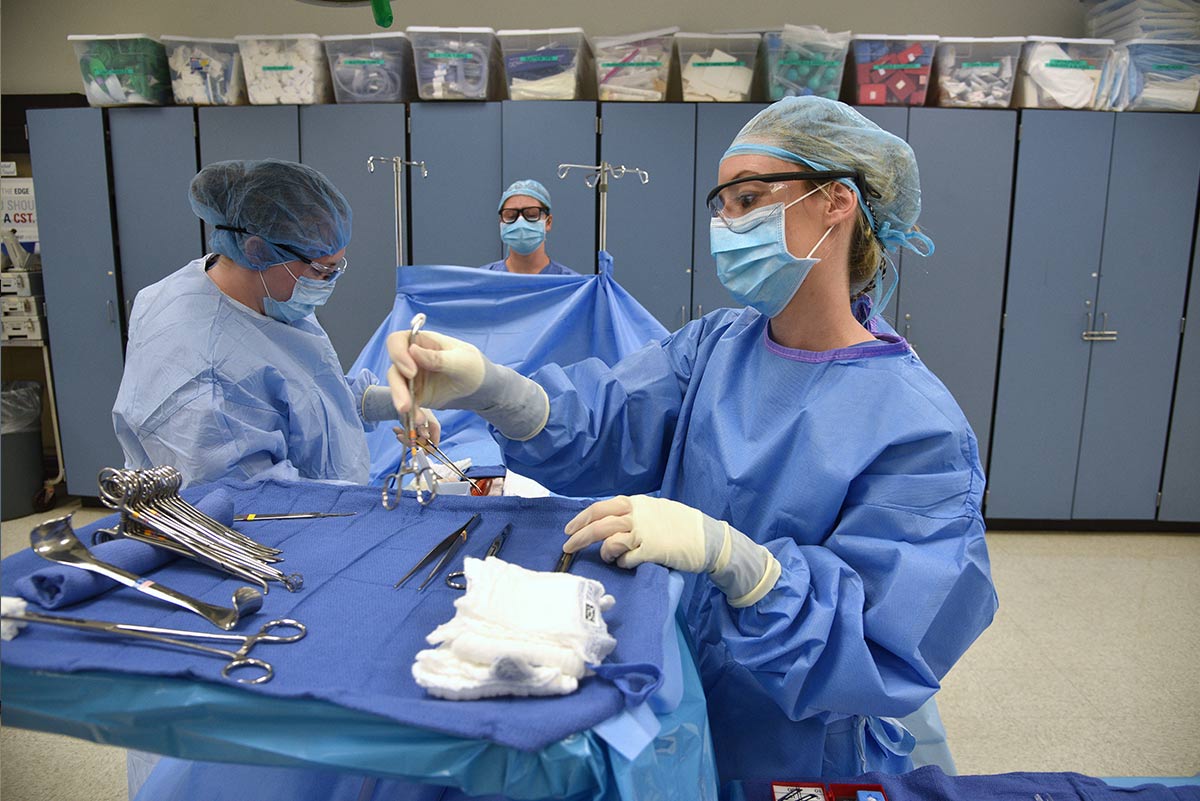Surgical tech program admission requirements and prerequisites can seem daunting, but understanding them is key to launching your career. This guide breaks down the essentials, from academic qualifications and program-specific needs to the application process itself. We’ll explore the common hurdles, offer tips for success, and help you navigate the path to becoming a surgical technologist.
Whether you’re fresh out of high school or looking for a career change, we’ll cover everything you need to know about GPA requirements, necessary coursework, clinical experience, and even the importance of a compelling personal statement. Let’s get started on your journey to a fulfilling career in surgical technology!
Surgical Technology Program Admission Requirements
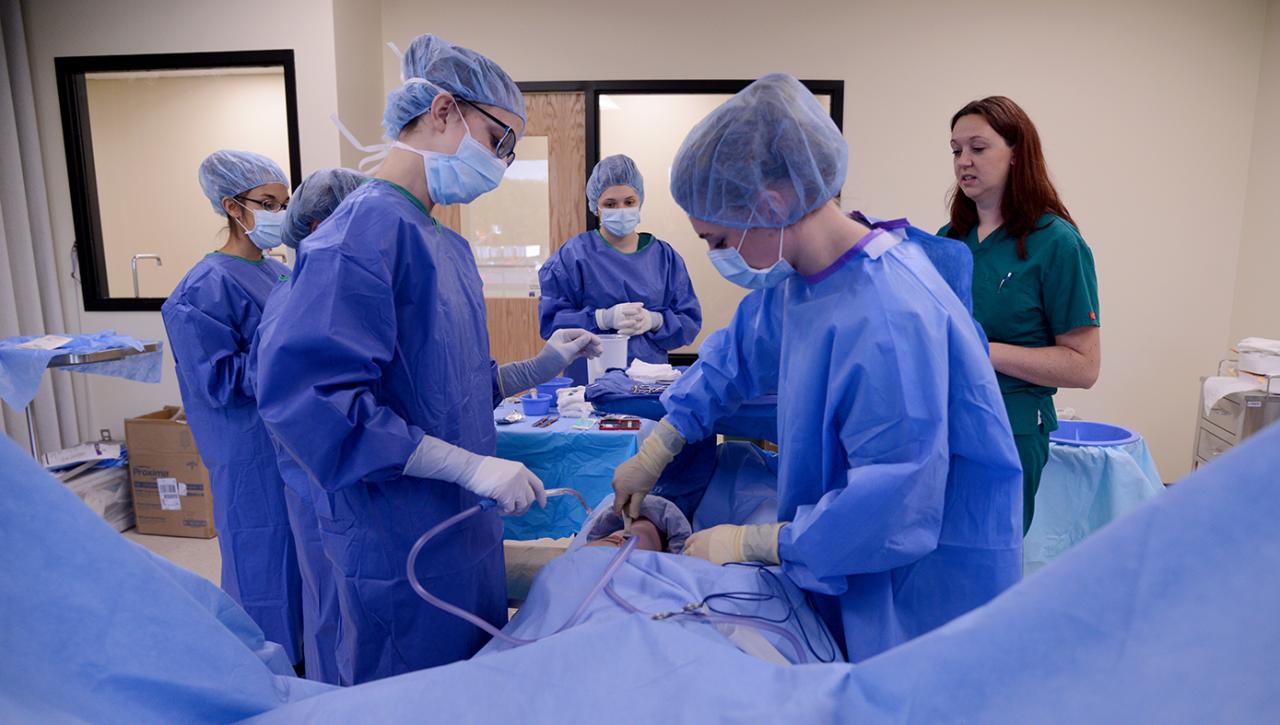
Gaining admission to a surgical technology program requires careful planning and preparation. This guide Artikels the typical educational requirements, program-specific prerequisites, the application process, and post-admission considerations to help you navigate the path to becoming a surgical technologist.
Educational Requirements
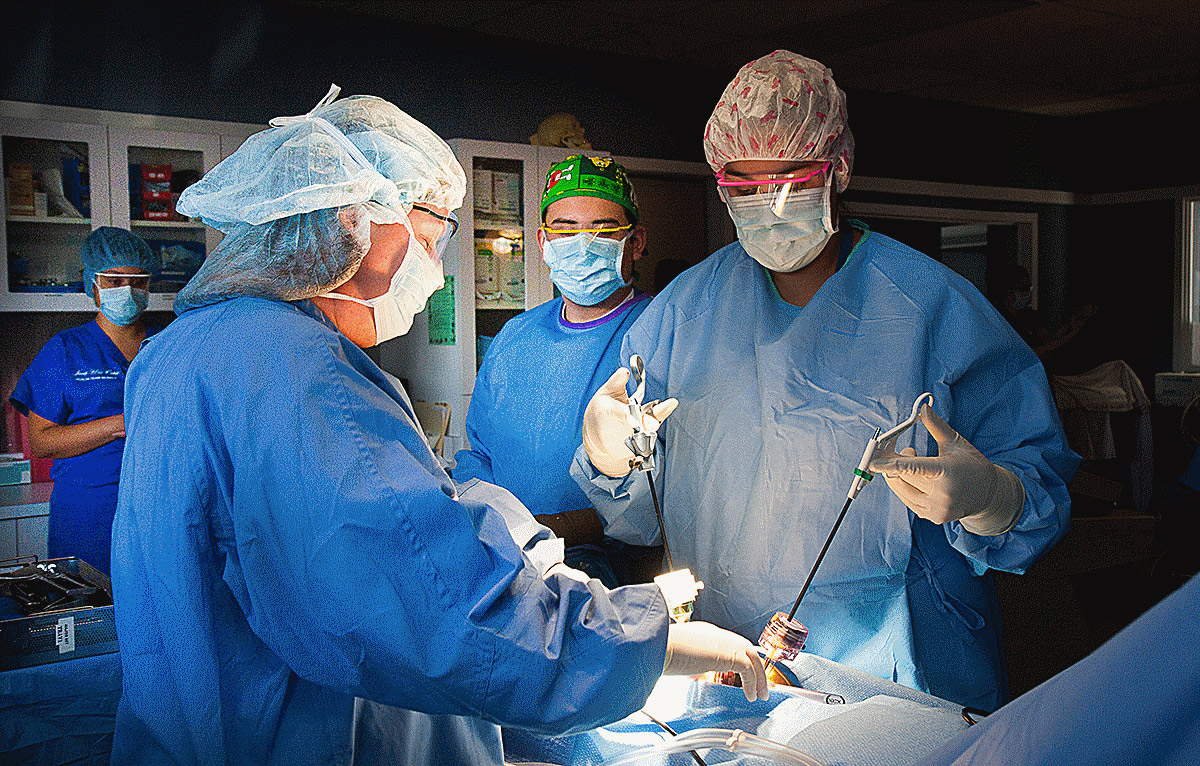
Meeting the educational prerequisites is the first hurdle in your journey to becoming a surgical technologist. This typically involves a combination of high school coursework, a minimum GPA, and specific science prerequisites.
| Course Name | Grade Requirement | Recommended Coursework | Alternative Coursework |
|---|---|---|---|
| Biology | C or better | AP Biology, Honors Biology | Anatomy & Physiology |
| Chemistry | C or better | AP Chemistry, Honors Chemistry | General Science with a strong lab component |
| Algebra | C or better | Algebra II, Precalculus | Statistics |
| English | C or better | AP English Language, AP English Literature | College Composition |
Minimum GPA requirements vary across institutions. Examples include:
- Institution A: 2.5 GPA
- Institution B: 2.75 GPA
- Institution C: 3.0 GPA
Strong performance in science prerequisites, particularly biology and chemistry, is crucial. These courses provide the foundational knowledge of anatomy, physiology, and microbiology essential for understanding surgical procedures and maintaining a sterile environment. A solid grasp of these concepts will significantly aid your success in the program’s demanding curriculum.
Program-Specific Prerequisites
Beyond general education requirements, many surgical technology programs have specific prerequisites that must be met. These requirements can vary significantly between institutions.
- Shadowing Experience: Many programs require a minimum number of hours shadowing a surgical technologist in an operating room setting.
- CPR Certification: Current certification in Basic Life Support (BLS) through the American Heart Association (AHA) or American Red Cross is almost universally required.
- Other Certifications: Some programs may require additional certifications such as ACLS or PALS, depending on the program’s focus.
- Healthcare Experience: While not always mandatory, experience in a healthcare setting, such as as a Certified Nursing Assistant (CNA), can be advantageous.
| Program Name | Specific Prerequisite | Requirement Details | Application Deadline |
|---|---|---|---|
| Program A | Shadowing Hours | Minimum 40 hours of observed surgical procedures | March 1st |
| Program B | CPR Certification | Current AHA BLS certification | April 15th |
| Program C | Healthcare Experience | Preferred, but not required. CNA certification a plus. | May 1st |
Associate’s degree programs generally offer a more comprehensive education, including additional coursework in areas like medical terminology and healthcare ethics. Certificate programs focus more narrowly on surgical technology skills and techniques. The prerequisite requirements may reflect these differences, with associate’s degree programs potentially having slightly more stringent requirements.
Admissions Process and Application Materials
The application process typically involves several steps. Familiarizing yourself with these steps will streamline your application.
- Research and select programs.
- Gather required application materials.
- Complete the application form.
- Submit transcripts and other documents.
- Obtain and submit letters of recommendation.
- Complete any required interviews.
Common application materials include:
- Completed application form
- Official high school and/or college transcripts
- Letters of recommendation (typically 2-3)
- Personal statement
- Proof of CPR certification
Here’s a sample personal statement:
My fascination with the precision and teamwork of the operating room began during a high school volunteer experience at a local hospital. Witnessing the dedication of surgical technologists firsthand solidified my desire to pursue this career. My strong science background, coupled with my meticulous nature and ability to work calmly under pressure, makes me a suitable candidate for your program. I am eager to contribute to the surgical team and further develop my skills in this dynamic field.
Additional Considerations
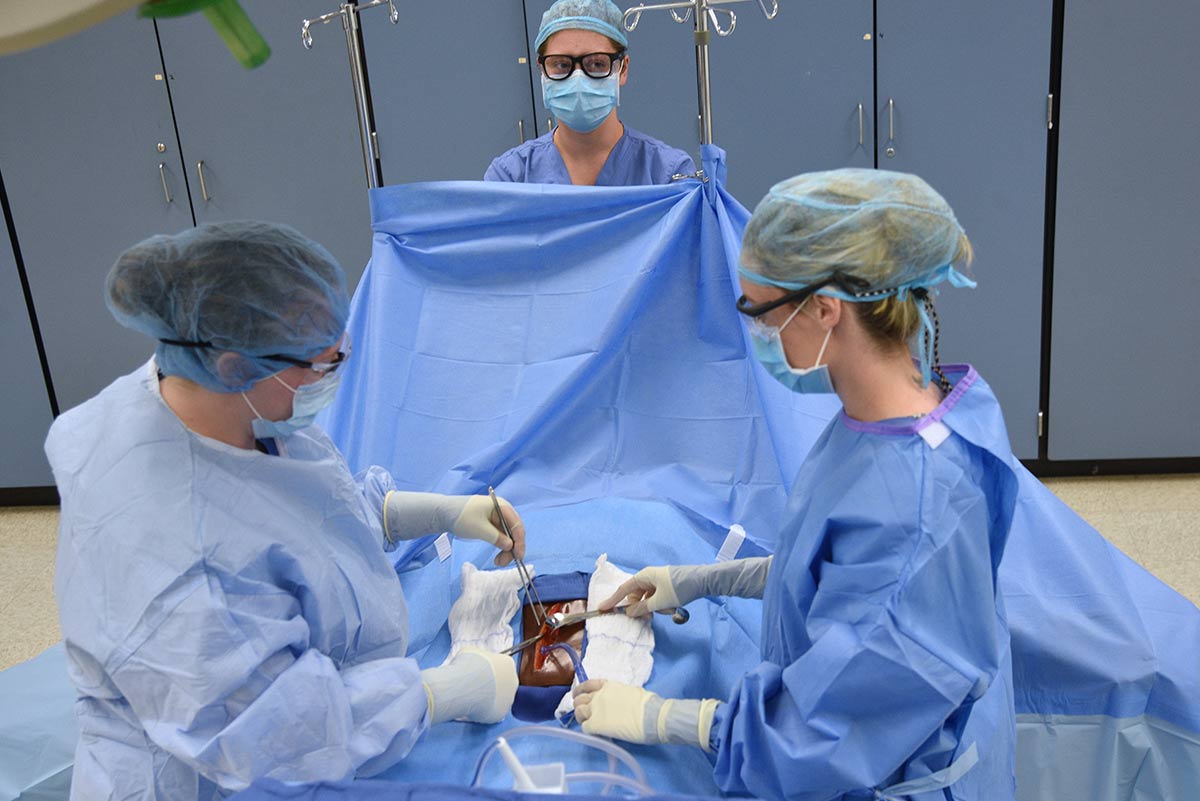
Clinical experience and volunteer work significantly enhance your application. These experiences demonstrate your commitment to the field and provide valuable hands-on exposure to the healthcare environment.
Admission requirements can vary geographically. Programs in urban areas may receive more applications and thus have more competitive admission standards. Rural programs may have less stringent requirements but may also have fewer available spots.
Effectively presenting your qualifications and experiences requires a well-written application, highlighting your relevant skills and experiences. Use strong action verbs, quantify your accomplishments whenever possible, and tailor your application to each specific program.
So you’re thinking about becoming a surgical tech? Awesome! Admission to most programs requires a high school diploma or equivalent, plus some prerequisite science courses. It’s also smart to stay updated on health news, like this important advisory from the U.S. Surgeon General on the link between U.S. Surgeon General Issues New Advisory on Link Between mental health and overall well-being, as it highlights the importance of a holistic approach to healthcare.
Knowing this will help you better understand the patient experience and contribute to a more compassionate surgical team. Remember to check specific program requirements carefully before applying.
Post-Admission Requirements, Surgical tech program admission requirements and prerequisites
Maintaining enrollment in a surgical technology program requires meeting specific requirements after admission.
- Maintain a minimum GPA (typically a 2.0 or higher).
- Successfully complete all required coursework.
- Complete all clinical rotations with satisfactory evaluations.
- Adhere to program policies and attendance requirements.
Procedures for addressing issues during the program are typically Artikeld in the student handbook. These procedures might include:
- Academic probation for failing grades.
- Removal from clinical rotations for unsatisfactory performance.
- Disciplinary action for violations of program policies.
| Violation | Consequence | Appeal Process | Support Resources |
|---|---|---|---|
| Failing GPA | Academic probation, potential dismissal | Appeal to the program director | Academic advising, tutoring services |
| Unsatisfactory clinical performance | Removal from clinical rotation, potential dismissal | Meeting with clinical instructor and program director | Clinical mentor, program advisor |
| Violation of program policy | Suspension, dismissal | Formal appeal to the program committee | Student affairs office, counseling services |
Final Thoughts: Surgical Tech Program Admission Requirements And Prerequisites
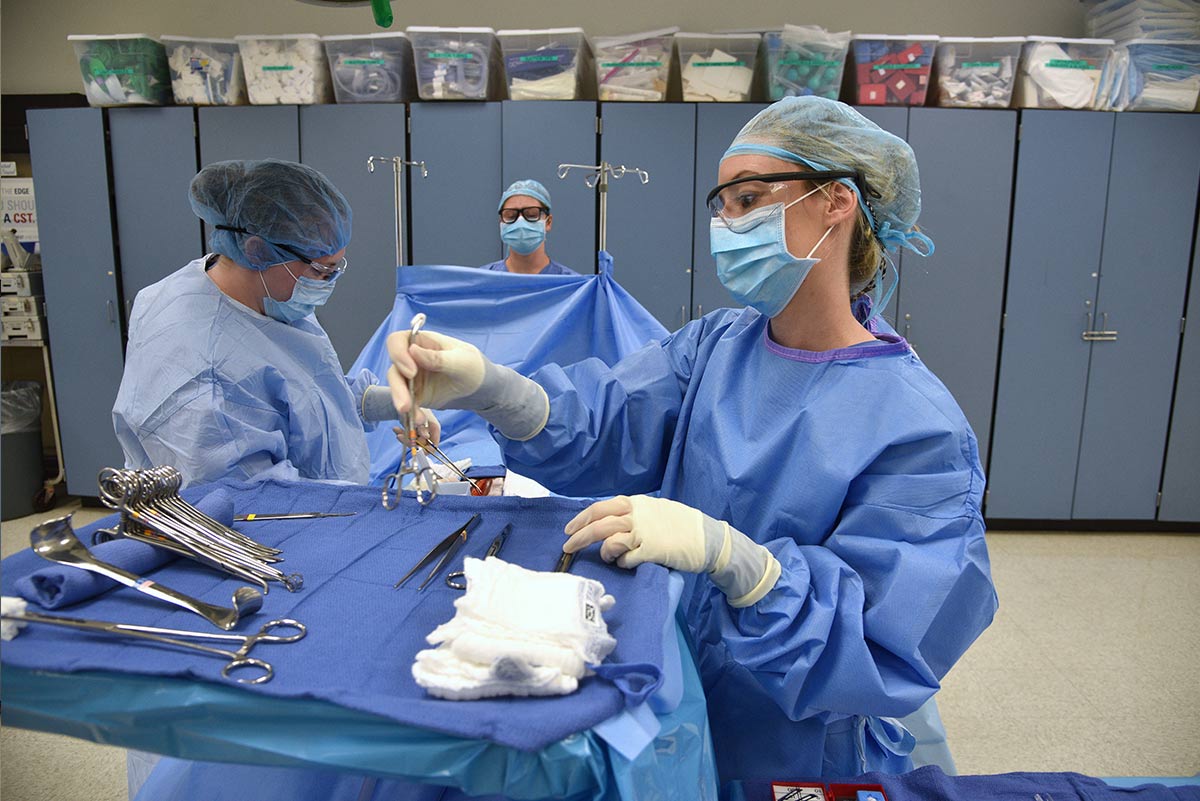
Landing a spot in a surgical technology program requires careful planning and preparation. Remember, success hinges on meeting the specific prerequisites, crafting a strong application, and showcasing your passion for the field. By understanding the admission requirements and proactively addressing them, you significantly increase your chances of acceptance. Now, go out there and pursue your dream career!
Expert Answers
What if I don’t have all the required high school courses?
So, you’re looking at surgical tech program admission requirements and prerequisites? It’s a competitive field, and you’ll need the right background. Knowing where medical equipment is manufactured can be helpful, like checking out this article on how China is the manufacturing superpower | Hacker News , which impacts the availability of certain instruments. Understanding this global supply chain can give you a leg up when it comes to understanding the equipment you’ll be working with in your surgical tech career.
Back to those admission requirements though – make sure to check the specific prerequisites for the program you’re interested in!
Many programs offer options for remediation or alternative coursework. Contact the program directly to discuss your situation.
How important is shadowing experience?
So you’re looking at surgical tech program admission requirements and prerequisites? It’s a competitive field, needing strong grades and maybe some volunteer experience. While you’re researching, check out this amazing sports news: Real Madrid become first team to reach 5000 LaLiga points – a total game-changer! Then, get back to focusing on those application requirements; a strong application will set you apart in the surgical tech world.
While not always mandatory, shadowing a surgical technologist is highly recommended and often strengthens your application. It demonstrates genuine interest and provides valuable insight.
Can I apply to multiple programs simultaneously?
Yes, applying to multiple programs increases your chances of acceptance. Be sure to meet each program’s individual deadlines.
What if I don’t meet the minimum GPA requirement?
Some programs may consider extenuating circumstances. Contact the admissions office to discuss your situation and explore potential options.
